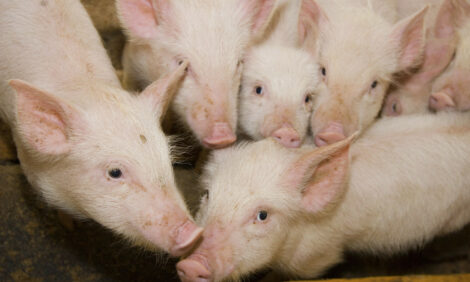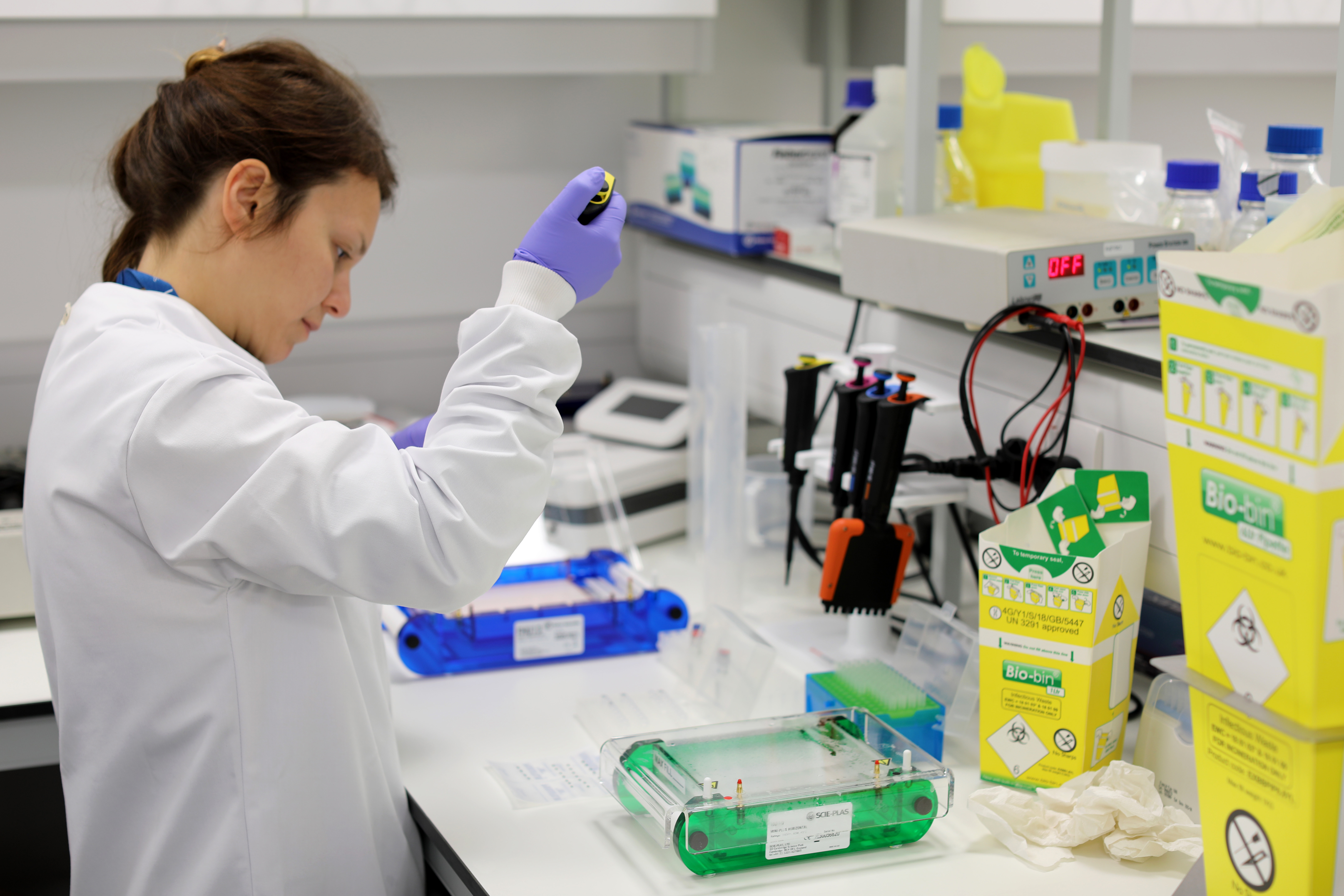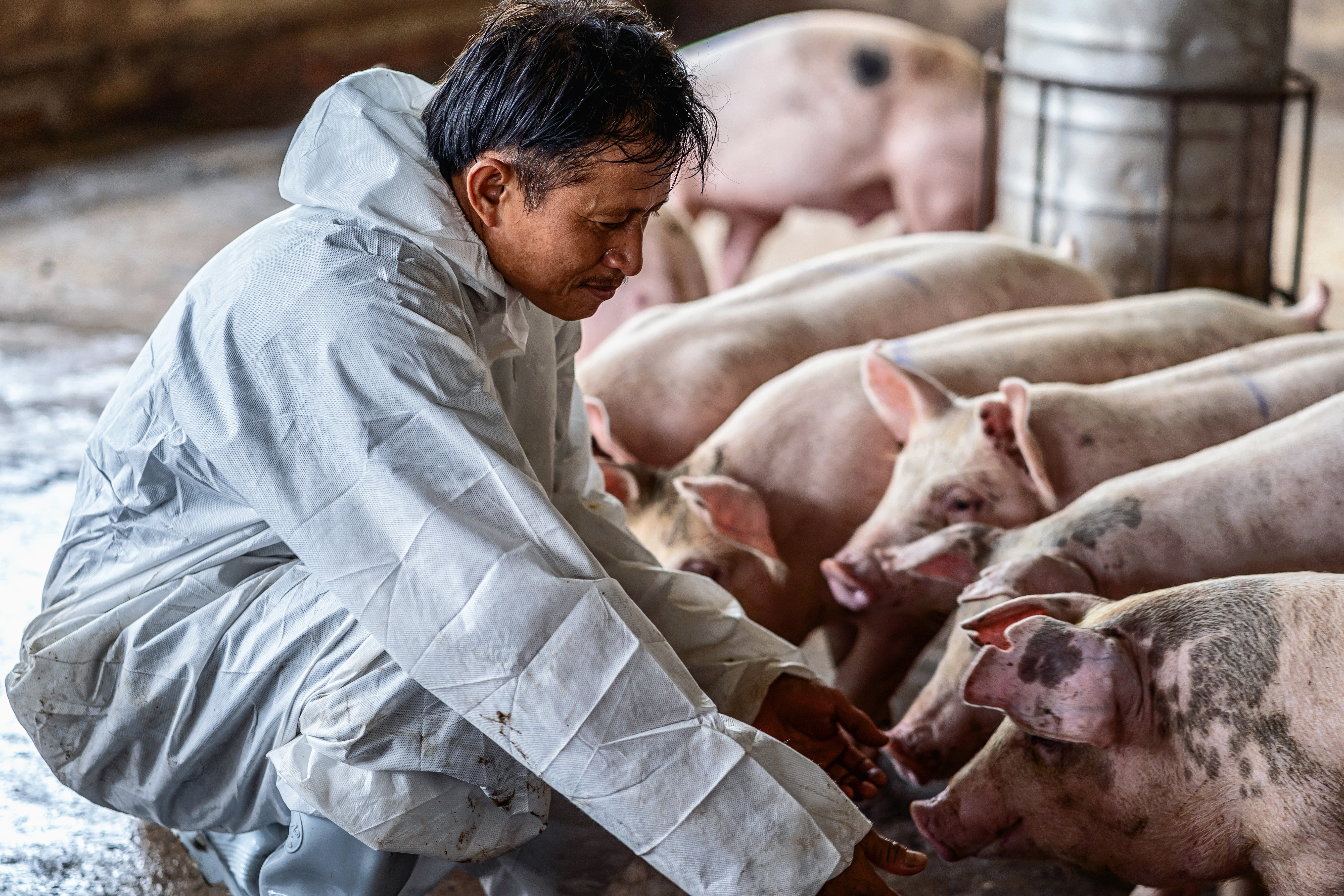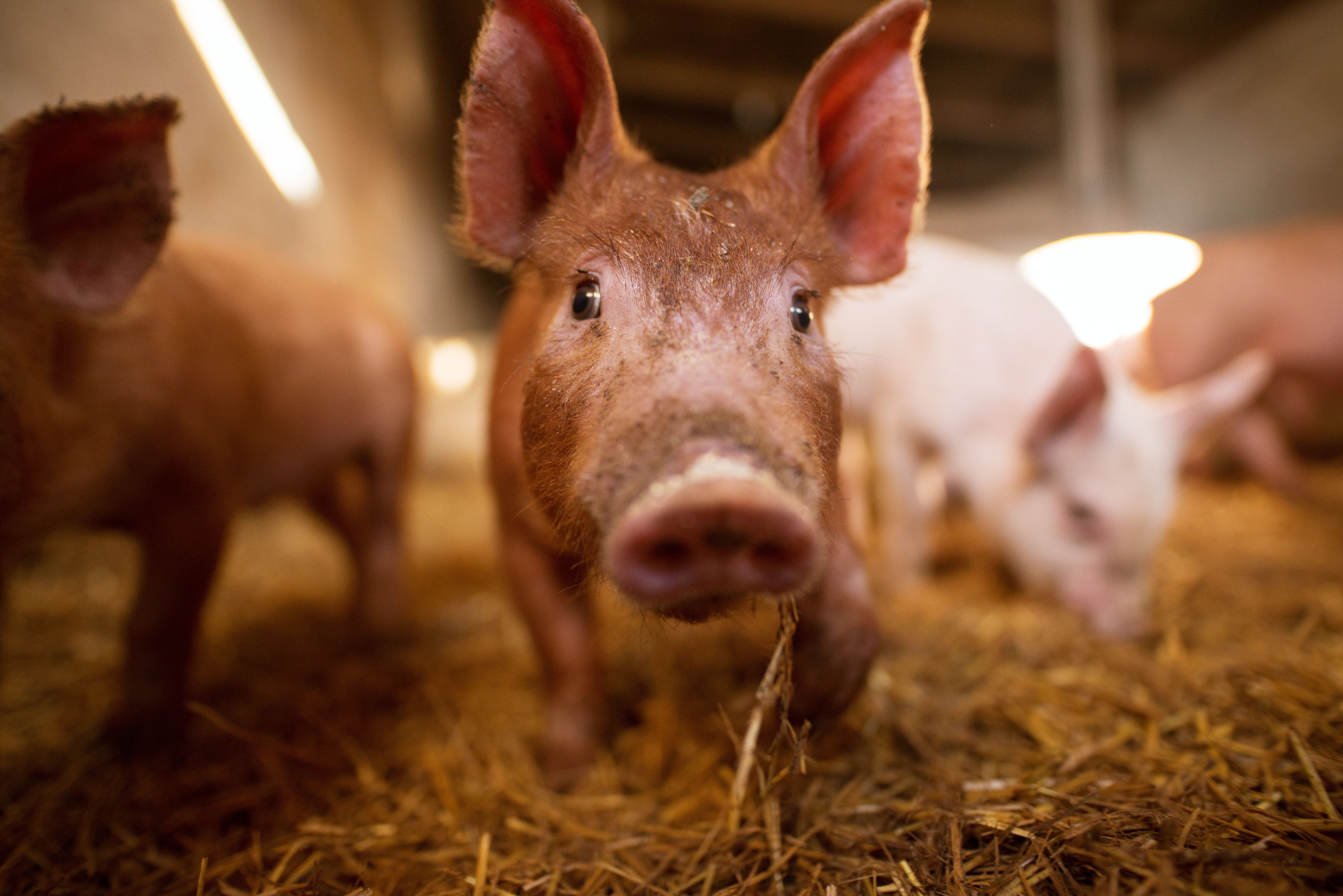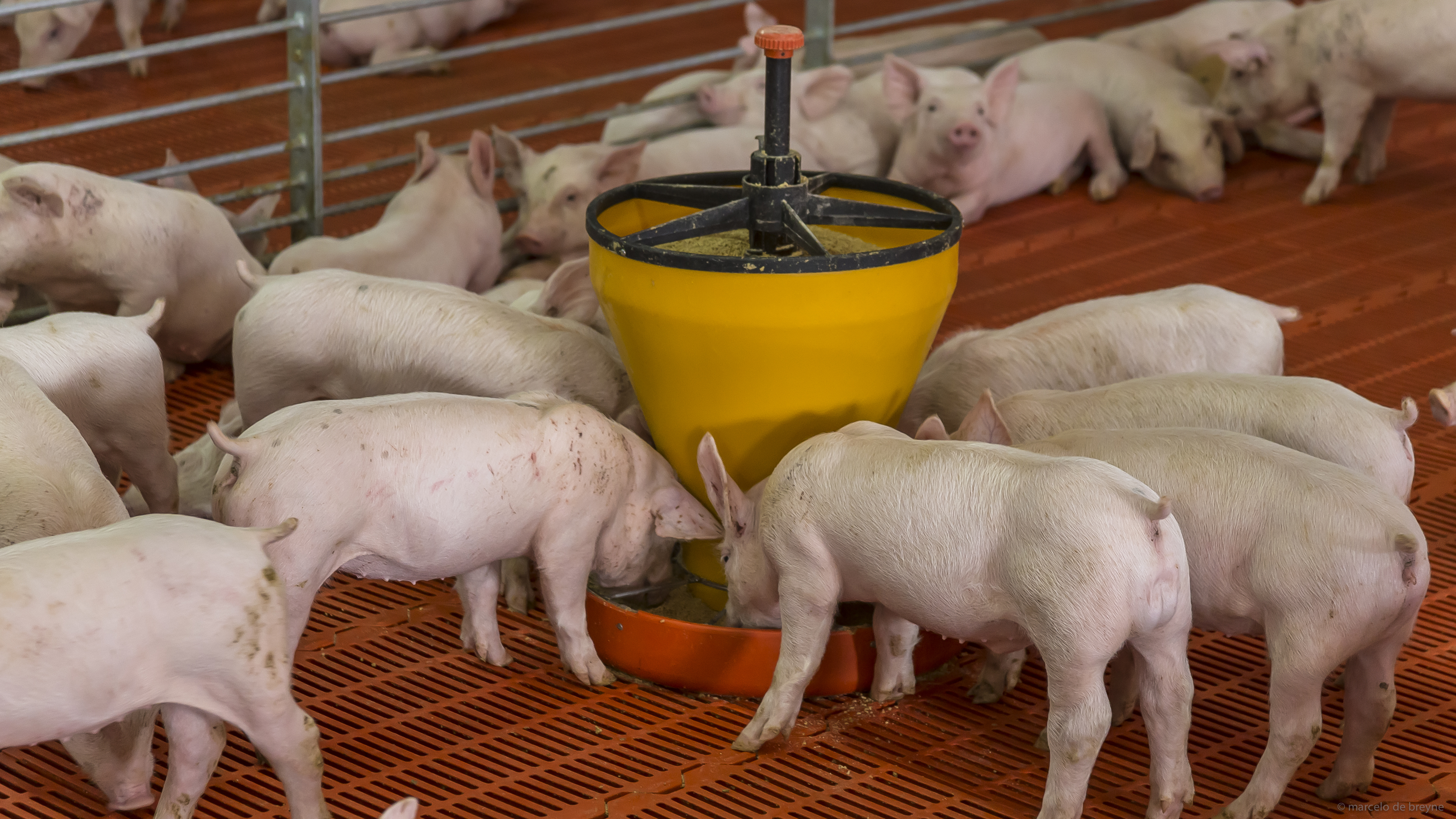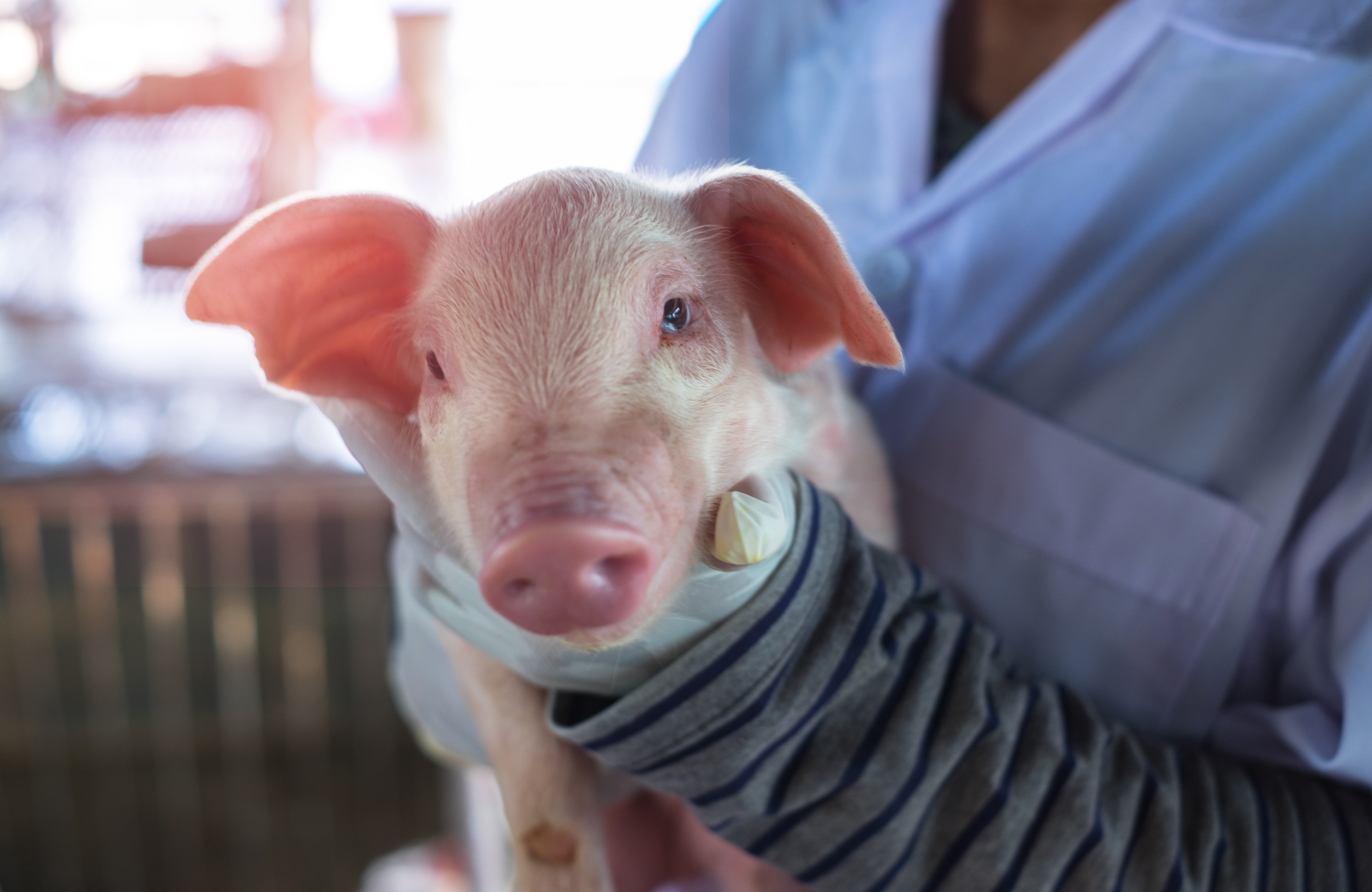



Could big data be the big step to meeting rising demand for animal protein?
Amado Guloy, founder and CEO of Rex Animal Health, discusses how his technology is using big data to enhance the productivity of farms in developing and emerging markets.Animal Health Investment Europe is a premier investment forum showcasing the most exciting investment opportunities in animal health and nutrition and connecting those businesses with financial investors and strategic corporate partners. Taking place 26 and 27 February, the forum promises to be an exciting insight into innovation in nutritional health, data analytics, sensors and diagnostics.
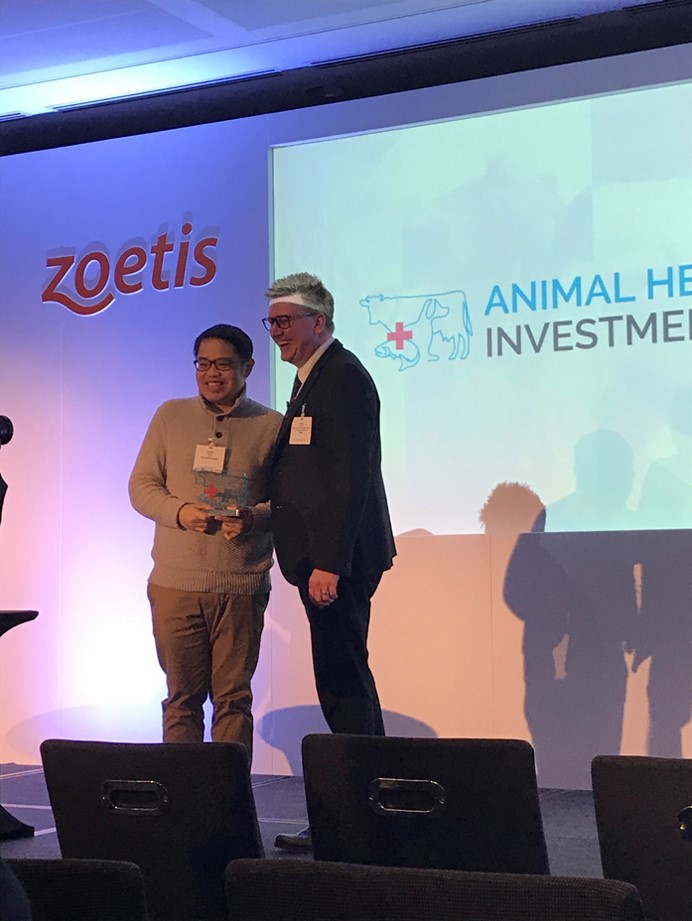
The Pig Site has procured a host of investors and emerging innovators taking part in the forum to talk trends, technology and turning startups into thriving businesses in the pig and poultry sectors.
This week, we spoke to Amado Guloy, CEO and founder of Rex Animal Health, and 2019 winner of the Innovation Showcase.
What sets your company apart from others in the market who are working to develop products aimed at providing a solution for the same challenges?
Data is currently housed in lots of little silos in paper form and/or disparate IT systems. One of the first challenges we were able to overcome in bringing all sorts of data together was the ability to immediately turn paper records into digital records with our optical character recognition (OCR). The second challenge was the ability to standardise and harmonise datasets from different sources (even if they’re the same types of data) to allow someone to compare apples to apples datasets instead of apples to oranges to kumquats!
Finally, we’re able to derive insights from the combination of clinical, performance, and genetic data with our in-house developed algorithms. We make sure that the questions that our analytics modules can answer are not biased to prevent confounding of any sorts, and we let the data simply speak for itself.
How are your products an innovation on technology that already exists in the industry?
Data has always existed in bulk at livestock producers, and other animal health stakeholders. However, being able to derive unique, actionable insights, has been very difficult for various reasons (as mentioned above). We were able to tackle those challenges and bring the big data revolution to animal health as it has transformed other industries like logistics and healthcare.
How does your service make farmers’ lives easier?
Data analytics for improved yield and disease management
With the data in one place and in one standardised form, it is then simple to apply “big data” and “machine learning” techniques in order to understand and find out what the story of the data is. As such, at Rex, we have developed numerous data visualisation and analytics tools in order to enable the livestock producer, veterinarian, or R&D scientist to determine the a number of factors affecting their systems.
Clinical decision support
There are numerous protocols in place for when an animal is thought to be sick. By looking at both historic records and understanding the data from other nearby farms, Rex is able to provide caretakers with clinical decision support tools to identify the most likely cause of the symptom thereby saving time and potentially the animal’s life in the case of life threatening infections.
Current use cases have shown that we have been able to identify potential causes up to five times faster than conventional multi-pathogen panels by focusing on which diseases have historically appeared in both the area and on the farm thereby saving time and money.
How can machine learning optimise animal health?
Health and efficacy outcomes of drugs and nutritional feed products
Not only are we able to identify the potential cause, but by looking at the clinical and genomic data stored on animals and their various pathogens, we are able to identify the products that would lead to the best health and efficacy outcomes in the animal. Further, we are able to show not only which products are useful, but we are able to show which products no longer have any efficacy on the farm.
A simple test case involved farmers constantly relying on a certain antibiotic for cases of respiratory and gastrointestinal infection. Upon examination in our platform, it was revealed that the product was ineffective 95 percent of the time, thereby leading the producer to stop using the product saving time and over $500K (US) a year by no longer purchasing the product.
Another use case involves looking at the efficacy of nutritional feed products. One such customer found a certain product was tied to not only improved weight gain and feed conversion, but also to a reduction in skin issues which led to bacterial infection thereby increasing meat yield by close to 30 percent.
Have you done any on-farm, commercial-scale trials of your products?
We have done numerous pilots and are in the midst of converting these large enterprise vertically integrated operations into full customers. We have also worked with large companies in the pharmaceutical and agrichem space to help them better understand their products.
What type of investor are you aiming to attract?
Anyone who can align with our vision of how to meet the growing demand for animal protein not through “clean meat” but through enhancing productivity of farms in developing and emerging markets through the use of big data. Ideally, this would be a strategic investor or people who can see that we still need industrial farming to feed the growing population.






